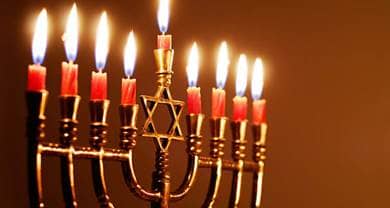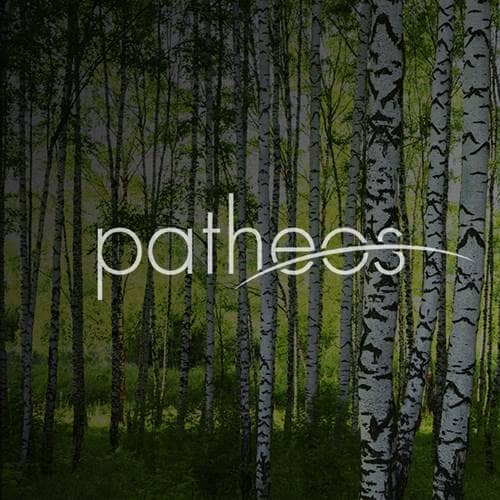- Trending:
- Forgiveness
- |
- Resurrection
- |
- Joy
- |
- Trump
- |
- Kamala Harris
- |
- Supreme Court

RELIGION LIBRARY
Judaism
Founders
| School of Hillel | School of Shammai |
| more lenient, pragmatic approach to the halakha | strict and more legalistic observance of halakha |
| accepted by the majority of future sages |
Hillel immigrated to Palestine in the 1st century B.C.E. following the dissolution of the Hasmonean priesthood by King Herod. Hillel became the model sage in the sense that he was found worthy of the "Holy Spirit" based on his personal attributes of humility, patience, love of neighbor, and pursuit of peace. These ethical attributes are exemplified in his fundamental precept promoting personal responsibility while not endangering the welfare of the community: "If I am not for myself, who will be for me? Yet if I am only for myself, what am I?"
Hillel demonstrated this balance between self and other in his important legal enactment, "the Prosbol," which annulled the biblical law requiring the release of all debts every sabbatical or seventh year. He felt it was being abused by creditors who refused to make loans prior to the sabbatical year for fear that they would never be repaid. Hillel's takanah or legal emendation benefited both the lender who would not lose personal property and the borrower who could always obtain a loan.
Hillel's humility was also highlighted in his relationship with the sage Shammai, whose strict and seemingly legalistic observance of halakha often served as a foil for Hillel's more lenient, yet pragmatic approach to Jewish observance. While both sages had legitimate schools of thought established in their names, the opinions of Hillel and his school were ultimately accepted by the majority of future sages. The school of Hillel demonstrated respect for the opinions of Shammai and his school even in the midst of heated debate and expressed their general concern for the larger community.
The stark difference between Hillel and Shammai is most dramatically demonstrated in the story of an obnoxious pagan who came to Shammai and asked him to explain the meaning of the Torah while standing on one foot. While Shammai shooed him away with his stick, Hillel told him that the central message of the Torah is contained in the following maxim: "What is hateful to you do not do to your neighbor. The rest is commentary. Go study." This early pharisaic rendition of the "Golden Rule" and its emphasis on Torah study would characterize the ethos and religious identity of Judaism.
| Second Temple Period 516 BCE-70 CE |
| Period of the Tannaim 70-200 CE |
| *Tannaim: Rabbinic sages whose views are recorded in the Mishnah *leaders: Rabban Yochanan ben Zakkai and Rabban Gamaliel |
Indeed, the school of Hillel was so influential that it produced a dynasty following the destruction of the Second Temple that shaped the very foundations of rabbinic Judaism in the land of Israel. This was period of the tannaim, those "repeating" oral interpretations of the Torah that were eventually compiled in the 3rd-century rabbinic text, the Mishnah or "teaching." The tannaitic period began in 70 C.E. following the destruction of the Second Temple with Hillel's youngest disciple Rabban Yochanan ben Zakkai, who established the first rabbinic community in the northern city of Yavneh. The dynasty continued with the grandson of Hillel, Rabban Gamaliel who expanded the authority of the Sanhedrin at Yavneh and instituted the rule of the Patriarchate that would lead the Sanhedrin through the 5th century. Yet despite the seemingly monarchic structure of rabbinic leadership in antiquity, Hillel's ethical legacy of personal responsibility, mutual respect, and dedication to the community remained a permanent fixture in Jewish life.
| Six Books of the Mishnah |
| 1. Zeraim: On Agriculture 2. Moed: On Festivals 3. Nashim: On Women 4. Nezikin: On Jewish criminal and civil law 5. Kodashim: On religious services 6. Tohorot: On Purification |
Study Questions:
1. Who was Hillel? Who was Shammai?
2. What event provided the most obvious difference between the schools of Hillel and Shammai? How did this influence Judaism's theology?
3. How did Judaism survive after the Second Temple was destroyed?










